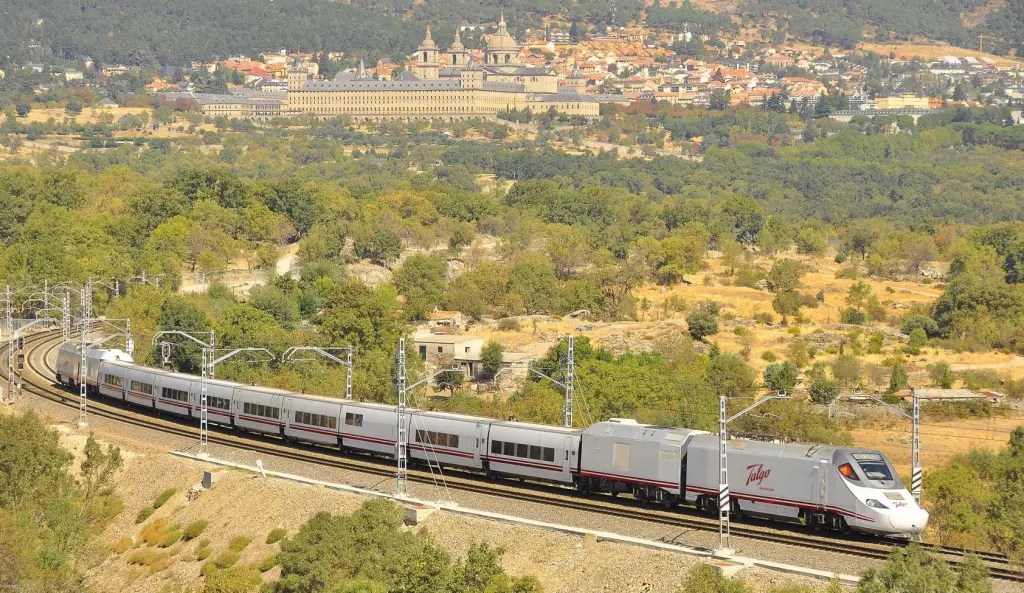
As part of the Hympulso project, ten companies, including train manufacturer Talgo, are joining forces to apply hydrogen propulsion to a high-speed train for the first time in Spain.
According to a press release, a consortium of manufacturers (including Talgo, Golendus, Ingeteam, Repsol, Sener and Optimus3D) will be applying hydrogen to a high-speed train, in this case a *Talgo 250, a high-speed train circulating in Spain. The project has received a grant of €6.5 million and forms part of the Incentive Programme for the Innovative Value Chain and Knowledge of Renewable Hydrogen, as part of the Recovery, Transformation and Resilience Plan.
An ‘all-terrain’ high-speed train
The aim is to develop a dual-mode train, capable of running in electric mode when the line is equipped with catenaries and in hydrogen mode when it is not electrified. The Talgo 250 has two technical end cars (CET). They are currently used to generate electricity from diesel to power the traction units on sections without catenary. Under the Hympulso project, one of these diesel CET will be replaced with fuel cells and batteries to supply electricity to the locomotives, using 100% green, renewable hydrogen.
Repsol and Golendus will be responsible for developing two hydrogen refuelling facilities. Repsol will deploy a mobile facility, while the Golendus hydrogen plant will be a static production and supply facility. As for ADIF, which is already involved in the FCH2 Rail project, it will facilitate the trials and incorporate the results into its hydrogen strategy.
*This high-speed train is equipped with an adjustable track gauge system allowing it to change track without stopping the train.
Do you want to learn more about Spain? Then our latest articles about the country should interest you. You can access all of our articles written about Spain here.
Article written by Laurent Meillaud and translated by Logan King





